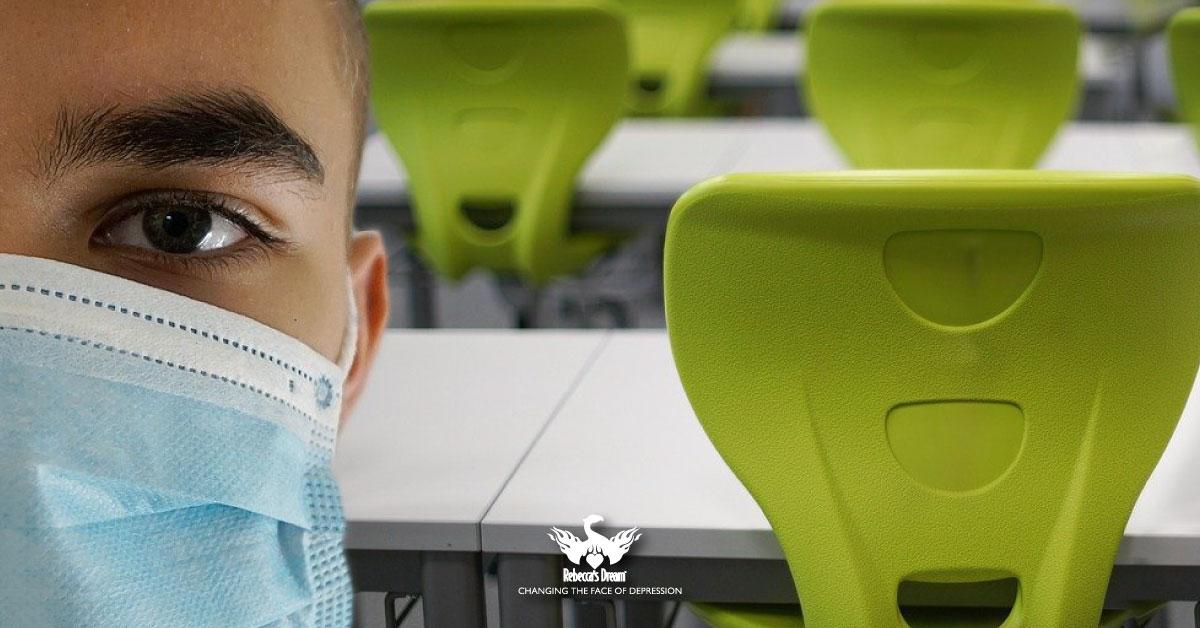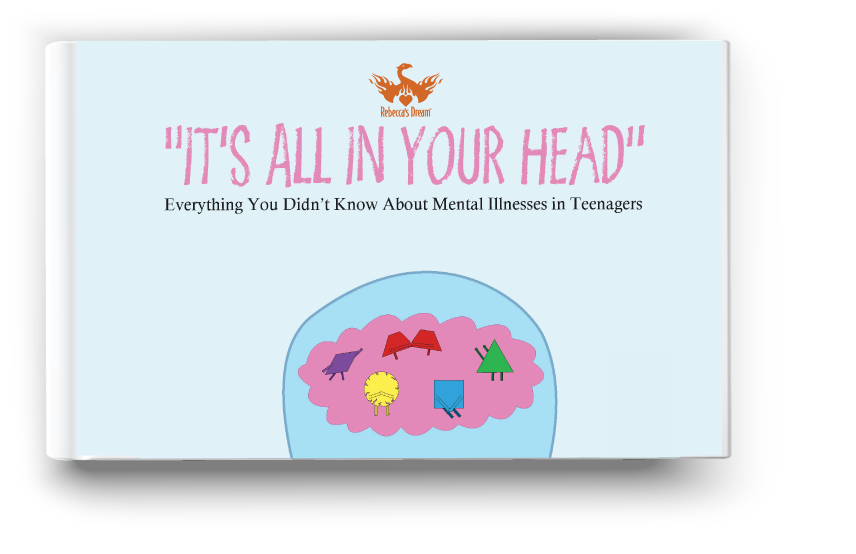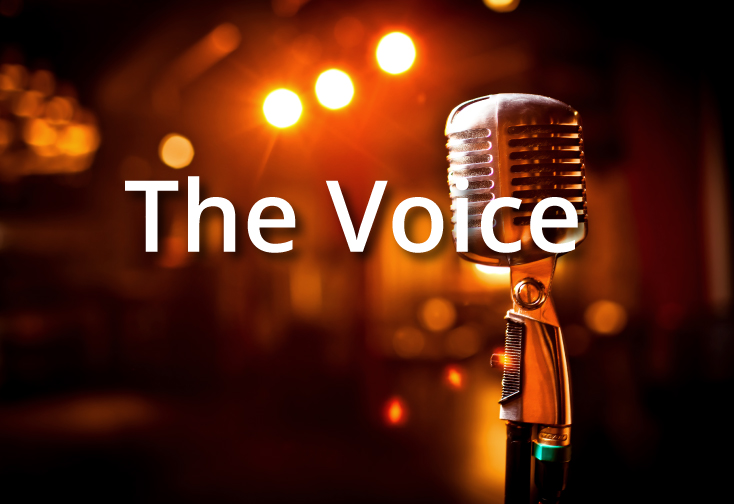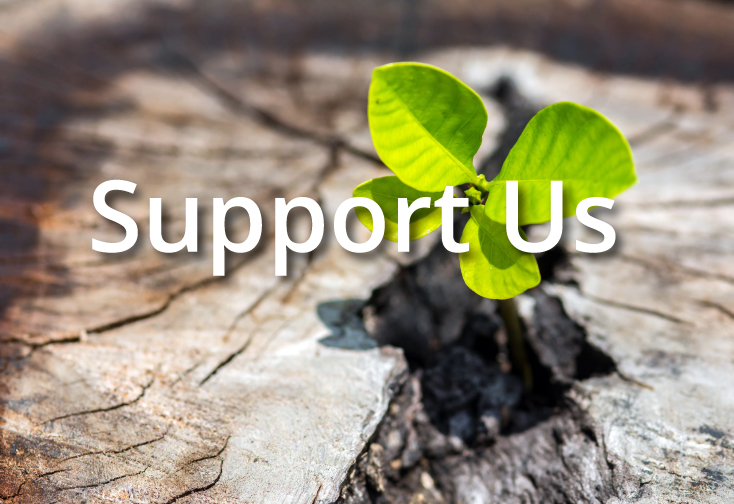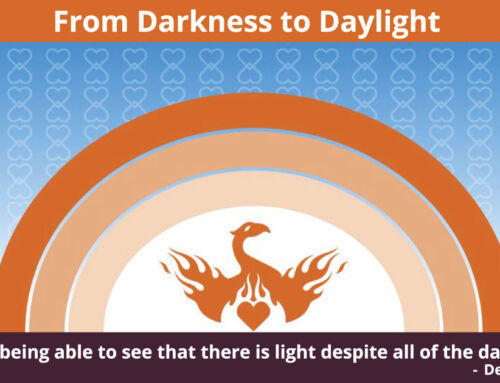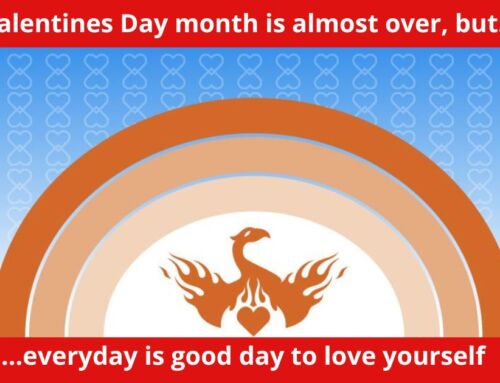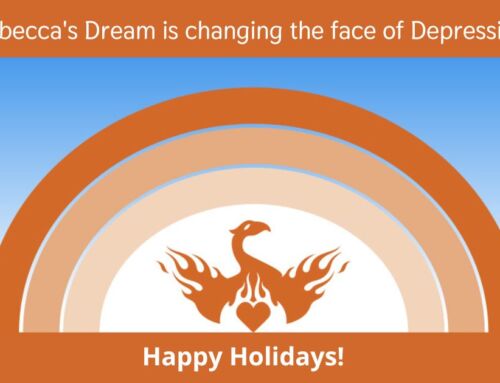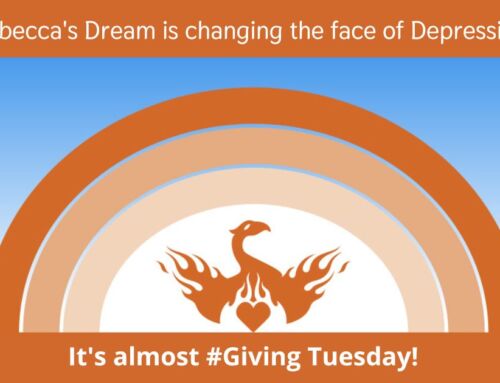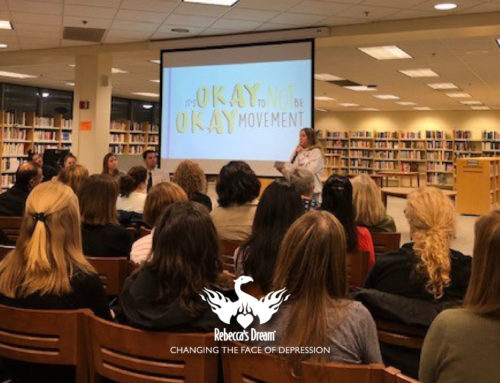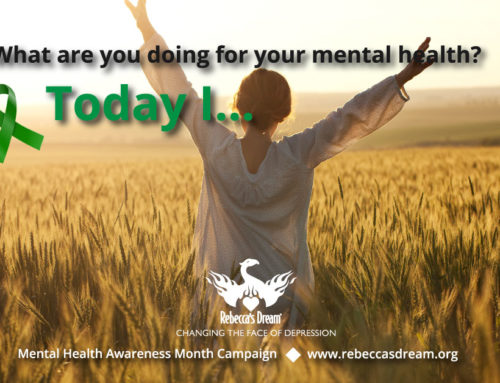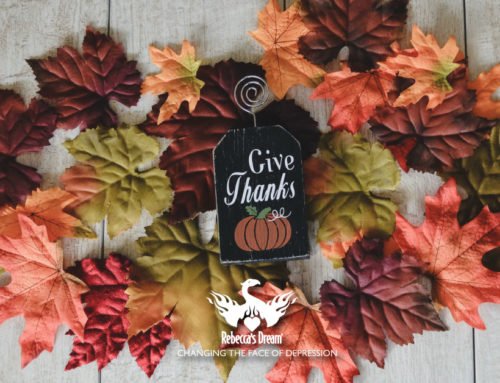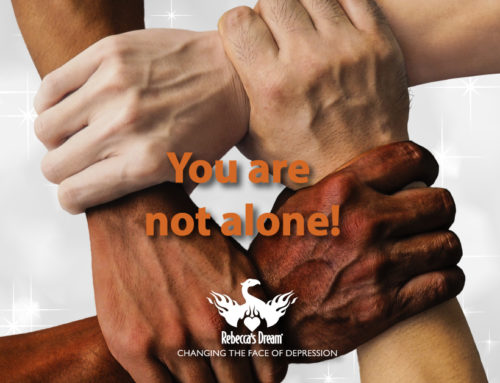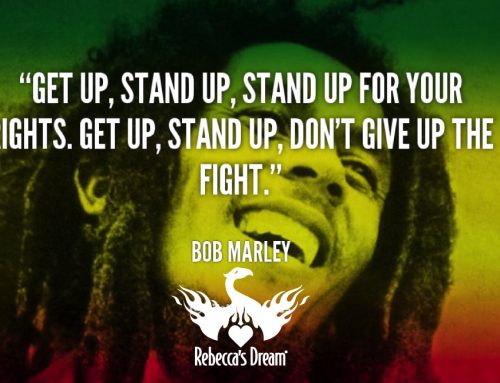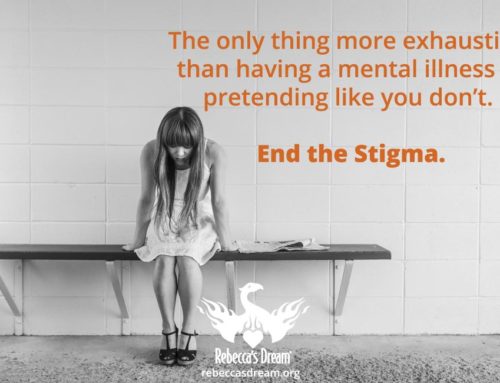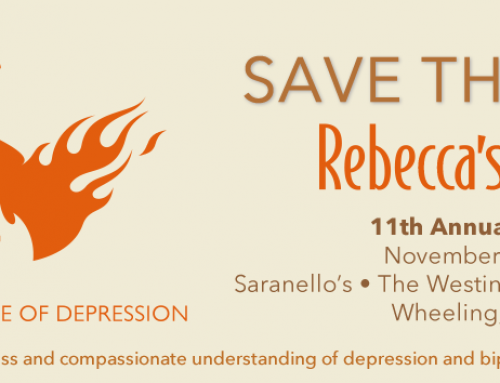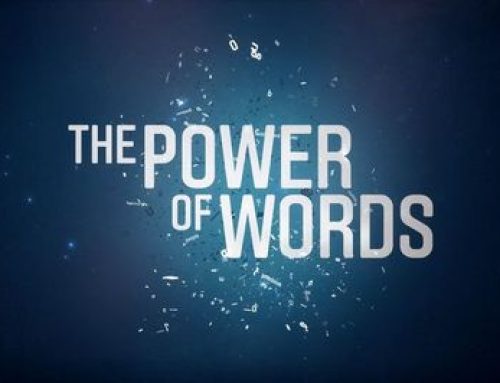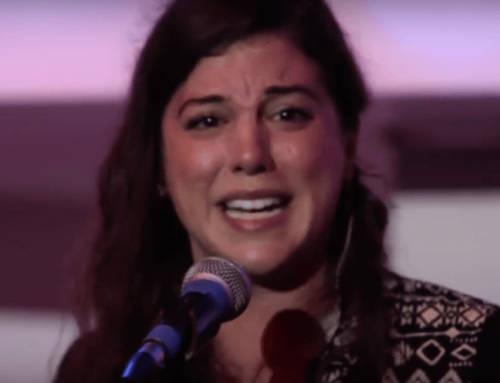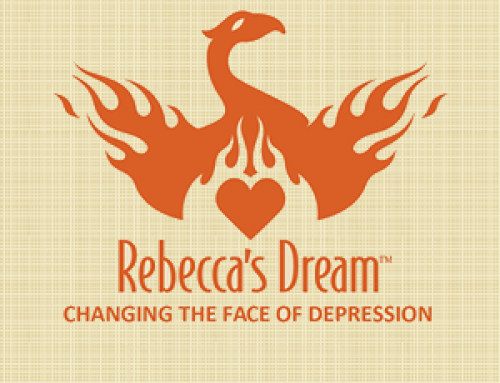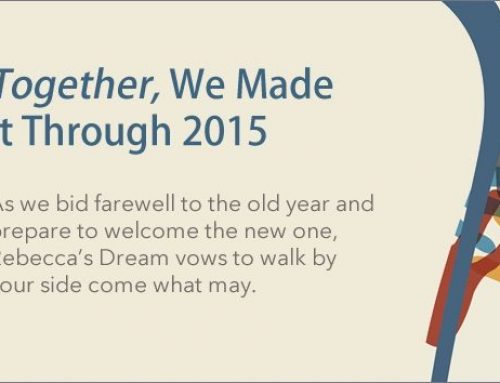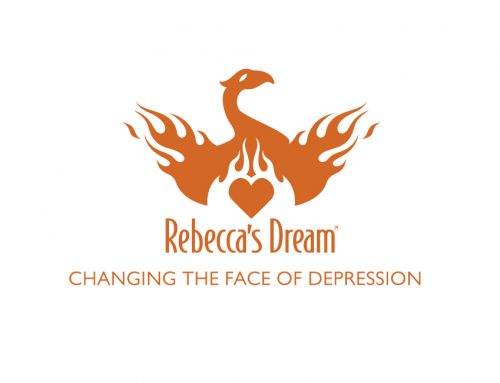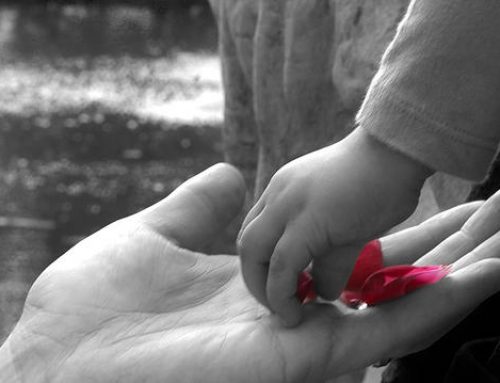High school students making a difference while supporting others and educating about mental illness
Every year Rebecca’s Dream recognizes high school seniors by awarding scholarships to teens who are mental health advocates in their school and community. They understand the burden that mental illness has on one’s health and the stigma that surrounds it. These students are on the front lines making a difference by speaking out, supporting others and educating about mental illness.
Their words are powerful.
In order to eliminate the stigma we must change one mind at a time.
Read what high school seniors are doing and saying to help change the face of depression.
“I have helped to educate fellow students that the “face” of a depressed student looks just like the “face” of a student who doesn’t suffer from a mental illness.”
“By educating others, I can push society in the direction of treating mental illness as the body’s failure to function properly instead of an individual’s personal failing.”
“In order to change the face of depression and other mental illnesses, it is essential that we look at sufferers not as patients, but as people.”
“I explain all about how depression is an imbalance of chemicals in our brain, and that it’s not something we cause, or is our fault. I make sure to emphasize that it’s not something bad happening to them, nor are we weak for it happening to our minds.”
“Especially as an Asian-American immigrant, initiating discussions of mental health was daunting and often embarrassing.”
“Change starts with education and normalization –and that’s why I make a point to talk about my disorders every single day.”
“I know that I am not the only one who has gone through this life changing experience. And, if your struggling currently, keep this in mind. You are worth every minute, second, and day that you walk this planet. You deserve happiness. You deserve to get your life back. You are worth it.”
“Depression and Bipolar disorder are as equally terrible afflictions as diabetes or heart disease, so why does the person with diabetes receive empathy while the person with depression receives negative judgement?”
“There is no ceiling on the impact of encouragement , and there is no floor to the effect of criticism.”
“Acknowledging the signs of depression is a sign of mental strength.”
Rebecca’s Dream College 2021 Scholarships in memory of Dr. Harlan Haimes
Rebecca’s Dream is a 501(c)3 Foundation, committed to serving the community by promoting awareness and compassionate understanding of depression and bipolar disorder as real diseases. The Rebecca’s Dream Scholarships are an opportunity for high school senior students to address the serious issue of stigma associated with mental illness.
Four applicants will be awarded a $1,000 scholarship each.
“IT’S YOUR REACTION TO ADVERSITY, NOT ADVERSITY ITSELF THAT DETERMINES HOW YOUR LIFE’S STORY WILL DEVELOP.”
-DIETER F. UCHTDORF
Meet a Rebecca’s Dream’s Junior Board Member

Alexa Warady
My involvement with Rebecca’s Dream has been through the Junior Board. We meet often to figure out different and creative ways to relay our messages about mental health to others. I wanted to get involved with the mental health community because I thought that I might be able to help others with what they are going through. I wanted to be a part of normalizing mental illness, not because of my own personal journey, but because I know people who live with it and I want to help others. I think that the most important thing for people to realize is that more times than not, someone else is going through similar things that you are. Don’t be afraid to talk about practicing good mental habits. Helping others helps your mental health as well.
“IT’S ALL IN YOUR HEAD”
Author and illustrator Marlee F. Is a teen living successfully with depression. As Marlee struggled to understand her thoughts, feelings and moods she created “IT’S ALL IN YOUR HEAD.” Marlee’s passion became helping teens easily understand they are not alone during difficult mental health challenges ~ help she wishes she had during her early years of confusion and shame.
Mental disorders don’t discriminate.
One in five teens are affected by some form of disorder severe enough to impact their daily lives.
However, with professional help and self-care most teens feel better within 4-6 weeks.

Tips & Tools
This pandemic has created change to our everyday life from social distancing to quarantining, feelings of no control, worries over physical health, children’s academics and financial stress. We all have experienced loss through a global or a personal lens.
Listen to Kara’s story and Dr. Meghan Chapman’s expert insight on how to adapt to this new way of life.
Tips & Tools
Source: cdc.gov

Tips & Tools
This pandemic has created change to our everyday life from social distancing to quarantining, feelings of no control, worries over physical health, children’s academics and financial stress. We all have experienced loss through a global or a personal lens.
Listen to Kara’s story and Dr. Meghan Chapman’s expert insight on how to adapt to this new way of life.
Tips & Tools
Source: cdc.gov


